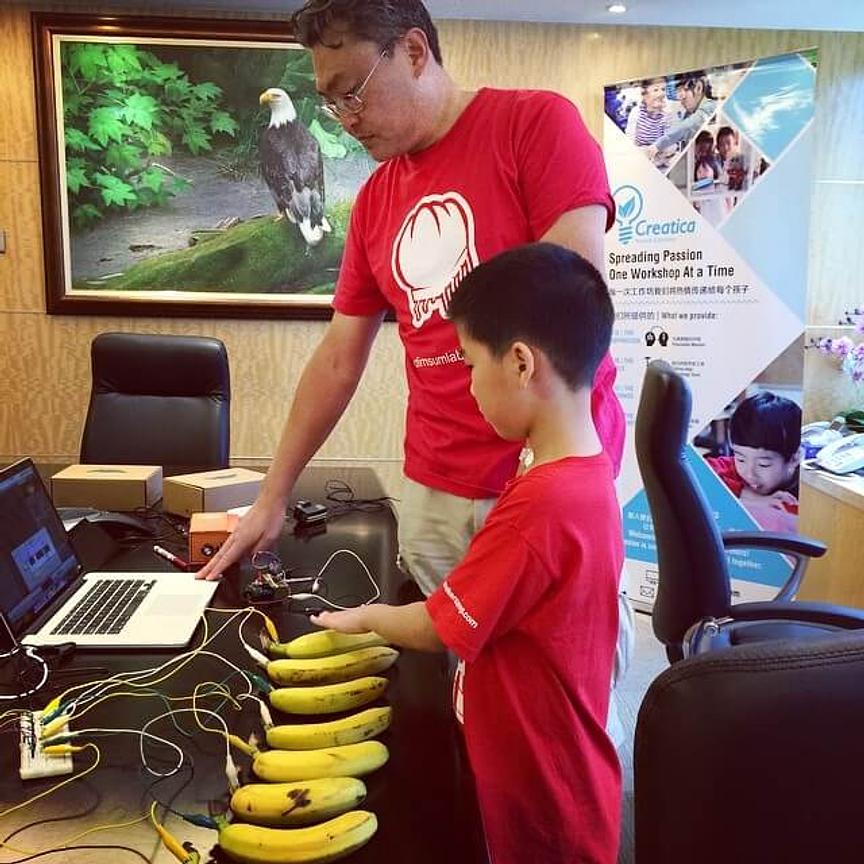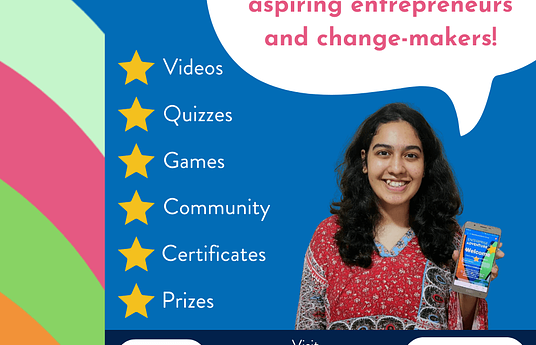Many young people are motivated by technology and the chance to design and make something of their own. The opportunity to practice these skills can be invaluable, as they are highly beneficialin both life and work. Yet most learners do not have a platform to do so, as schools often lack the funding, space and expertise to offer this type of learning in-house.
In addition to this, young people can feel pressured to conform to educational standards, such as passing entrance exams, and to pursue certain careers due to societal expectations. The opportunity to work alongside professionals from different fields and to see different models of success can encourage young people to explore the idea of careers in STEAM (Science, Technology, Engineering, Arts andMaths), which they may not have previously considered.
Creatica Lab was established in China to provide children with a suitable space to explore design thinking, develop creative confidence and build skills. Originally a summer camp, Creatica Lab now also offers workshops and support to schools to establish 'makerspaces',providing access to cutting edge technology, expertise and a core curriculum.
One of Creatica's most popular classes is called Brushbot. It teaches students to make robots out of toothbrushes by wiring them to vibrating motors. Another class, Talking Buddies, teaches students to design a character, make a cardboard cut-out and make it talk by connecting it to a small recording device.
Creatica Lab strives to create and nurture a learning environment that encourages the widest, broadest and deepest range of experiences for young people, rooted in the firm belief that knowledge is a consequence of experience.



